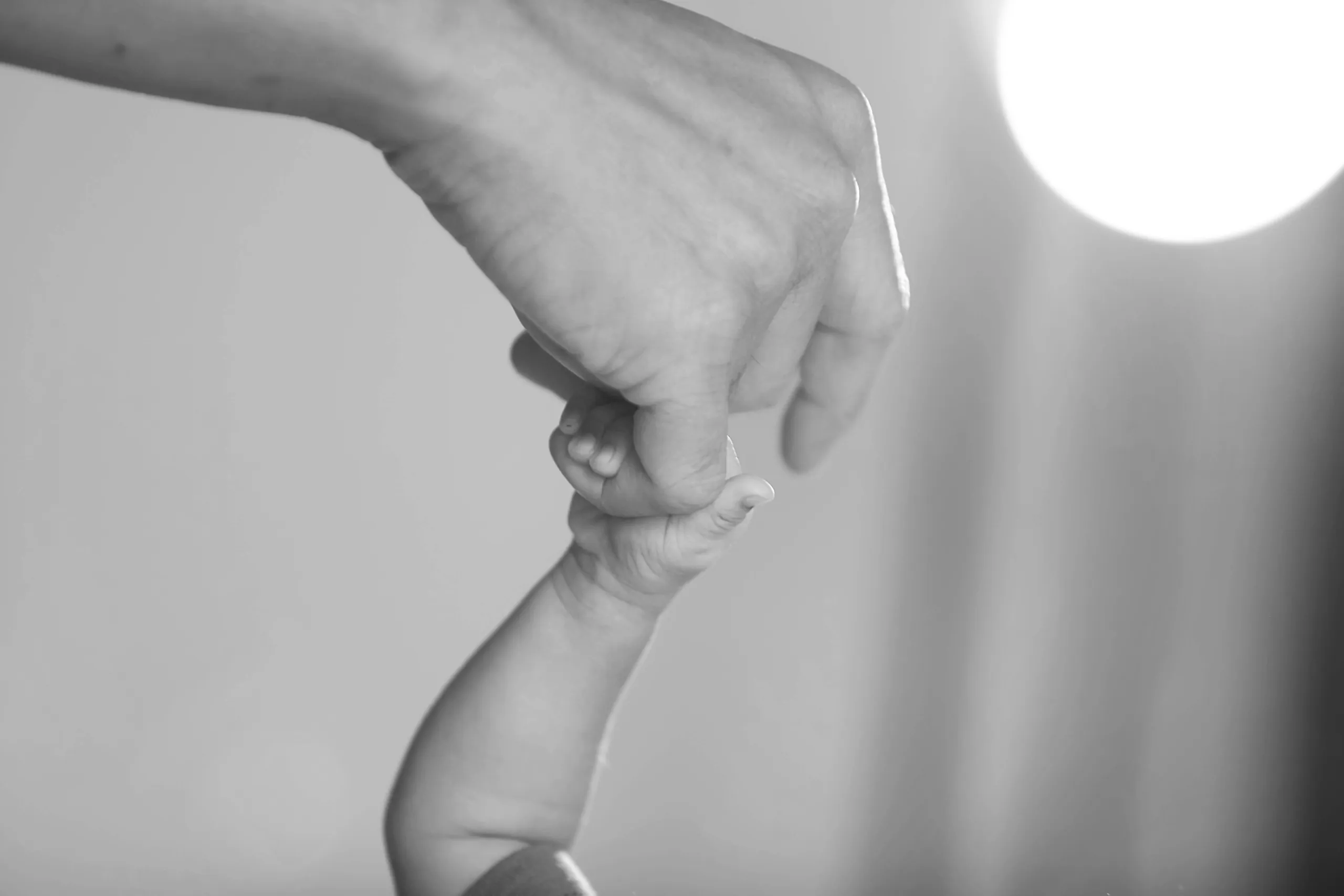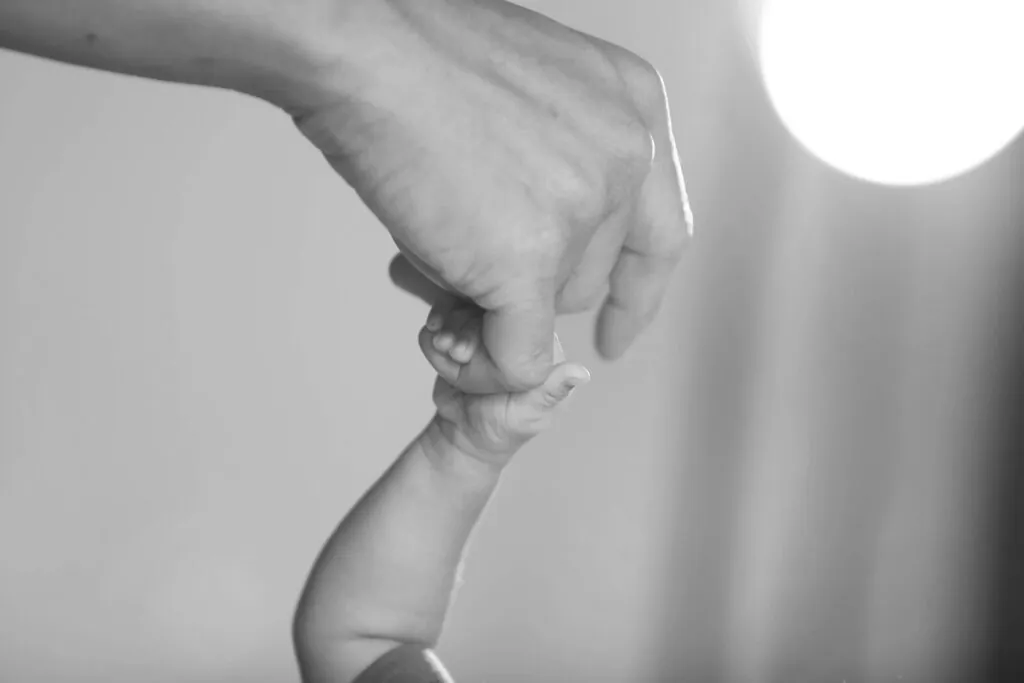How the NICA Eligibility Process Works—and Why Some Families May Opt Out or Challenge Coverage
If your child has suffered a serious neurological injury at birth in Florida, you may find yourself being referred to the NICA program — short for the Florida Birth-Related Neurological Injury Compensation Association. While this program was created with the intent to provide fast financial support to families and reduce the number of medical malpractice lawsuits, many parents are left with more questions than answers.
This comprehensive guide will walk you through everything you need to know about NICA eligibility, how to file a claim, what happens if your claim is denied, your options for opting out, and the legal alternatives available to families in Florida.
What Is the NICA Program in Florida?
NICA was created by the Florida Legislature in 1988 as a no-fault compensation system for families affected by severe birth-related neurological injuries. Instead of going through the court system and filing a traditional medical malpractice lawsuit, eligible families can receive lifetime medical care and a one-time compensation payment through NICA.
The program was designed to reduce litigation costs for obstetricians and hospitals while offering families a more streamlined way to receive support. However, many families do not realize that enrolling in the NICA program usually forfeits their right to sue for malpractice, even if a healthcare provider’s negligence contributed to the injury. This makes it especially important to understand your rights before signing anything or agreeing to NICA enrollment.
Understanding NICA Eligibility Criteria
Eligibility under NICA is not automatic. In fact, many families are surprised to learn how specific and strict the requirements are. Not all neurological injuries qualify, and even eligible cases may be denied if procedural rules are not followed.
What Injuries Qualify Under NICA?
The core requirement is that the infant must have suffered a substantial and permanent neurological injury caused during labor, delivery, or the immediate postnatal period in a hospital setting. Specifically, the injury must involve significant damage to the brain or spinal cord.
Common qualifying conditions include:
- Cerebral palsy caused by oxygen deprivation during delivery
- Hypoxic-ischemic encephalopathy (HIE) diagnosed at birth
- Permanent motor or cognitive impairment resulting from delivery-related trauma
However, it’s important to note that NICA only applies to injuries sustained in hospital births and only when the delivering physician is a NICA participant. Home births, birthing centers, or deliveries by non-participating providers are typically excluded.
What Conditions Are Excluded?
There are also strict exclusion criteria. NICA does not cover:
- Congenital or genetic disorders unrelated to the delivery process
- Injuries that occurred before labor or after the newborn period
- Birth injuries that do not result in permanent and substantial neurological damage
This narrow definition leaves out many children who may still have significant disabilities — but who won’t qualify for NICA benefits.
How to File a NICA Claim in Florida
If you believe your child’s injury meets the eligibility criteria, the next step is to file a petition with the Florida Division of Administrative Hearings (DOAH). This is not an informal process; it is a legal filing that must follow certain procedures.
Step-by-Step Claim Process
- Obtain Medical Records: You will need prenatal, labor and delivery, and neonatal records to support your claim.
- File a Petition with DOAH: The petition should detail the injury, the circumstances, and any evidence suggesting NICA eligibility.
- Serve NICA Properly: Official notice of the claim must be given to NICA as required under Florida law.
- Medical Review by NICA: Once the petition is filed, NICA will review the claim, often consulting medical experts.
- Await Determination: A determination is typically issued by an administrative law judge, who may hold a hearing if the case is disputed.
Because this process is legal in nature, many families choose to work with an attorney experienced in birth injury and NICA-related cases. This helps avoid common mistakes like missed deadlines, insufficient documentation, or procedural errors.
What Happens If NICA Denies Your Claim?
Not all claims submitted to NICA are accepted. In fact, many families receive a denial even when their child’s injuries seem to fall within the scope of the program. If this happens, you are not without recourse.
Appealing a Denied NICA Claim
If NICA denies your claim, you have the right to appeal the decision. This typically involves a hearing before an administrative law judge, during which your attorney can present medical evidence, expert testimony, and argue why the injury qualifies under NICA guidelines.
Appeals often center around medical definitions, timing of the injury, or whether the delivering physician was a registered NICA provider. In many cases, a denial can be successfully overturned with the help of a legal team that understands how NICA operates.
Families often express frustration after being denied:
“We were told our child didn’t qualify, but no one explained why.”
Don’t accept a denial without first understanding your legal grounds to appeal NICA eligibility.
Can You Opt Out of the NICA Program?
In certain situations, families may seek to opt out of the NICA system entirely — particularly if they believe their child’s injury was the result of medical negligence and that a malpractice lawsuit would yield more comprehensive compensation.
How Does Opting Out Work?
If you dispute NICA’s claim that your child’s injury qualifies for the program, you can challenge that determination in court. If the court finds that the injury doesn’t meet NICA’s criteria, you regain the right to pursue a traditional malpractice lawsuit.
You can also opt out if you were not properly notified about NICA or if the doctor who delivered your baby was not a registered NICA participant. In either case, the decision must be validated through legal proceedings.
Why Do Families Choose to Opt Out?
Some families choose to opt out because they feel the NICA payout is insufficient for their child’s lifetime care needs. Others are driven by a desire for justice and accountability, which the no-fault nature of NICA does not provide.
A common refrain is:
“We had to decide between staying in NICA or suing the hospital.”
Understanding your rights early in the process can prevent unintended consequences.
Comparing NICA Compensation to Malpractice Lawsuits
One of the most important questions parents ask is: How does NICA compensation compare to a malpractice lawsuit settlement or verdict?
What Does NICA Pay?
NICA typically provides:
- A one-time lump sum payment of up to $100,000
- Lifetime medical care and therapy expenses
- Limited compensation for lost earnings
However, NICA does not cover pain and suffering, emotional distress, or punitive damages. It also does not offer the same opportunity for individual accountability that a malpractice suit can bring.
What Can a Lawsuit Provide?
A successful medical malpractice case may result in:
- Multi-million dollar verdicts or settlements
- Compensation for pain and suffering
- Loss of future income
- Emotional and punitive damages
For this reason, families often compare NICA payout vs court-awarded damages before making a final decision.
Legal Help: When to Contact a Birth Injury Attorney
If you’re facing a life-changing injury to your newborn, it’s essential to speak with a qualified birth injury attorney as early as possible. The legal and procedural intricacies of NICA — combined with the potential for higher compensation through litigation — make legal guidance invaluable.
An attorney can help you:
- Determine if your child’s injury qualifies for NICA
- File a claim correctly and on time
- Appeal a denied claim
- Opt out of NICA
- Pursue a malpractice lawsuit, if appropriate
Waiting too long can mean missing crucial deadlines, including statutes of limitation for legal action. Don’t let confusion about NICA keep you from getting the justice and support your child needs.
Frequently Asked Questions (FAQs)
What injuries are covered under NICA?
NICA covers substantial and permanent brain or spinal cord injuries that occur during labor, delivery, or immediate postnatal care in a hospital setting. These injuries must result in lifelong disability and must not be caused by congenital or genetic disorders. Common examples include cerebral palsy due to oxygen deprivation or hypoxic-ischemic encephalopathy (HIE). However, eligibility also depends on whether the delivering physician is a registered NICA provider.
Can I sue my doctor if I accept NICA compensation?
No. Once you accept compensation from NICA, you generally waive your right to sue your doctor, hospital, or other healthcare providers involved in the delivery. That’s why it’s critical to understand what you’re agreeing to before signing any paperwork. If you believe malpractice occurred and want to hold someone accountable, you may want to explore opting out or challenging NICA eligibility first.
What happens if my NICA claim is denied?
If your claim is denied, you can file an appeal and request a hearing before an administrative law judge. This gives you the opportunity to present evidence, medical expert opinions, and legal arguments to support your claim. A skilled birth injury attorney can guide you through this process and increase the likelihood of a favorable outcome.
How do I opt out of the NICA program?
You may be able to opt out if your child’s injury is not eligible, if your doctor wasn’t a registered NICA provider, or if proper notice was not given. A judge must typically rule that NICA doesn’t apply to your case before you can pursue a lawsuit. Consulting with a lawyer is essential to determine whether you have grounds to opt out.
Is NICA compensation enough for lifelong care?
For some families, NICA’s coverage of lifetime medical care and the one-time payment may be adequate. However, others find that the limitations — especially the lack of pain and suffering compensation — fall short of what is needed to cover specialized care, therapy, and other lifelong costs. In such cases, a malpractice lawsuit may offer more comprehensive financial relief.
Contact Rafferty Domnick Cunningham & Yaffa Today
If your child suffered a birth-related neurological injury in Florida, don’t navigate the NICA process alone. Understanding whether to stay in the NICA program, opt out, or appeal a denial can have life-altering implications.
Contact our experienced Florida birth injury lawyer today to explore your legal options and secure the best possible outcome for your family.






